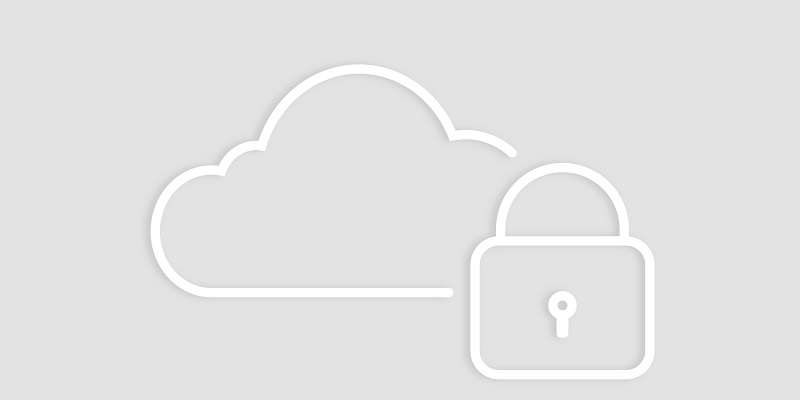In today’s digital age, small businesses rely heavily on cloud technology to store and manage their data. The convenience, scalability, and cost-effectiveness offered by the cloud make it an ideal choice for business operations. However, with the increasing threat of data breaches and cyber attacks, it is crucial for small business owners to prioritize the security and protection of their sensitive information. In this article, we will discuss ten essential tips for safeguarding your small business data while leveraging the full potential of cloud technology.
Use Strong Passwords
The first line of defense against unauthorized access is using strong passwords. A strong password is typically defined as one that is at least 12 characters long and includes a combination of upper and lowercase letters, numbers, and symbols. Avoid using easily guessable passwords like “password123” and opt for unique, complex combinations to ensure maximum security.
Utilize Encryption
Encryption plays a vital role in protecting your data from unauthorized access. By encrypting your data, you ensure that even if unauthorized individuals gain access to your data, it remains incomprehensible without the corresponding encryption key. Choose a cloud provider that offers robust encryption methods to ensure the safety of your sensitive information.
Choose a Reliable Cloud Provider
Not all cloud providers offer the same level of performance in terms of the features they offer. Before selecting a provider, thoroughly assess their reputation, reliability, and security measures. Look for providers that have strong data protection policies, undergo regular security audits, and follow transparent data handling practices to ensure the safety of your small business data.
Implement Multi-Factor Authentication (MFA)
Implementing Multi-Factor Authentication (MFA) is a simple yet highly effective measure to safeguard your cloud accounts. MFA adds an extra layer of security by requiring users to provide additional credentials, such as a code or fingerprint, in addition to their password. This significantly reduces the risk of unauthorized access to your cloud accounts.
Keep Software Updated and Patch Promptly
Regularly updating your software and promptly applying patches is crucial for maintaining the security of your cloud environment. Software updates often include important security fixes and patches that address vulnerabilities. By keeping your software up to date, you ensure that your systems have the latest defense mechanisms against emerging threats.
Continuously Monitor and Audit the Cloud Environment
Continuous monitoring and auditing of your cloud environment is essential for identifying and mitigating potential security threats. Monitor access logs and network traffic for any suspicious activities that may indicate a breach. Regularly conduct security audits to evaluate the effectiveness of your security measures and identify areas for improvement.
Assign Roles and Access Control
To enhance security, assign roles to individuals and determine their access to the cloud infrastructure. Implement strict access control measures, granting permissions only to authorized personnel based on their specific job responsibilities. Regularly review and update access privileges to ensure that only necessary individuals have access to sensitive data.
Consider Professional Services for Security Management
If managing all aspects of securing small business data stored within the cloud seems overwhelming, consider investing in professional services offered by reputable companies. These services can provide expert guidance, proactive monitoring, and advanced security solutions tailored to your business needs, ensuring robust protection against cyber threats.
Create Offsite Backups
Creating backup copies of all crucial files and storing them offsite guarantees that your data remains accessible from another location. In the event of a system failure, data breach, or natural disaster, having offsite backups ensures business continuity and quick data recovery. Regularly test your backup and recovery processes to ensure their effectiveness.
Protecting your small business data in the cloud is of the utmost importance. By implementing these ten essential tips, you can significantly enhance the security and resilience of your cloud environment. Remember, strong passwords, encryption, reliable cloud providers, multi-factor authentication, regular software updates, continuous monitoring, access control, professional services, and offsite backups are all crucial elements of a comprehensive data security strategy. Safeguarding your small business data will enable you to leverage the benefits of cloud technology while ensuring the confidentiality, integrity, and availability of your valuable information.

